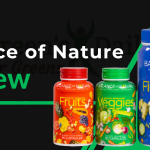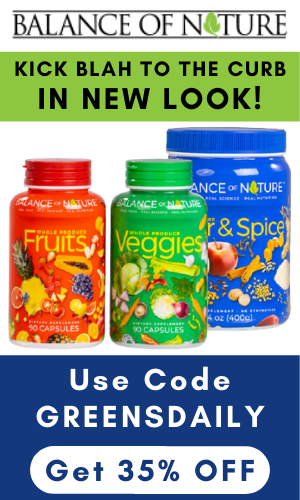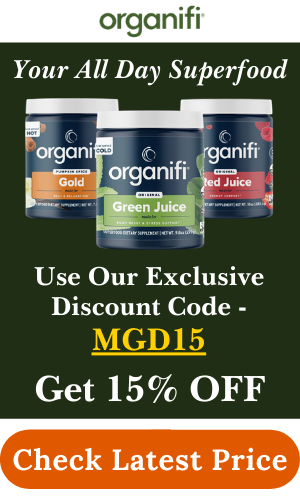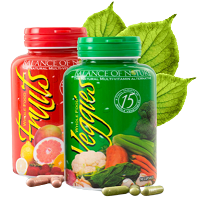The 10 Best High Protein Fruits: Including an amount of protein in your diet can offer benefits for individuals who want to burn fat, build muscle, and improve their athletic performance. While we often associate protein with foods like meat or Greek yogurt, there are also fruits and vegetables that can contribute to your protein intake.
Here are a few fruit options that’re rich in protein and can be included in your diet: Let’s also explore the advantages of incorporating these fruit-based protein sources.
Benefits of a Diet Rich in Protein from Fruits and Vegetables
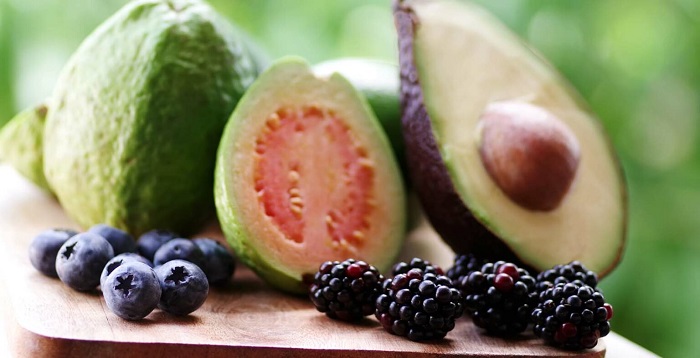
It’s no secret that, when it comes to protein, fruits are not as high in content as lean meat, lentils, or whey protein supplements. So you might wonder why anyone would choose fruit as a source of protein. Let’s delve into the benefits of following a diet that includes an adequate amount of plant-based proteins.
Ideal for Plant-Based Eating
Embracing plant-based eating doesn’t necessarily mean eliminating meat from your diet. However, it does involve prioritizing meat foods as a substantial part of your daily meals. For individuals aiming to reduce their meat consumption or adopt a vegetarian or vegan lifestyle, meeting their required amount of protein can be challenging. By incorporating fruit-based sources of protein into their diets, they can overcome these challenges. Meet their needs effectively.
Optimizing Natural Protein Intake
It’s always best to focus on getting nutrients from foods whenever you can. For athletes, this means giving priority to processed foods rather than relying heavily on supplements. Supplements should be seen as a way to complement a diet, not as a source of nourishment. By including fruit in your diet as a source of protein, athletes can come closer to meeting their protein goals before resorting to whey protein supplements.
Keeping Fat Intake in Check
Incorporating fats into our diets is important for maintaining bone and skin health as well as supporting cognitive function. However, it’s crucial to find the balance. If you’re craving something or struggling to meet your goals without exceeding your fat intake (yes, we’re talking about nut butter and peanut butter), adding protein-rich fruits can be helpful.
Plenty of Fruits Provide Carbs and Protein
Carbohydrates play a role in performance. When it comes to finding a snack that offers energy and supports post-workout recovery, fruit is an excellent choice due to its convenience and nutrient content.
Boosting Nutrient Levels
Fruits are a source of vitamins, minerals, and antioxidants. While we often focus on macronutrients like protein, carbs, and fats for training support, micronutrients are equally important for functions. For example, B-complex vitamins play a role in the synthesis of proteins. While macronutrients help fuel our bodies and support muscle growth, micronutrients are essential for certain functions. Moreover, fruits are a source of fiber, which aids in digestion and provides energy.
Which fruits have a high protein content?
The protein content varies across types of fruits. Including protein fruits in your smoothie recipes can be advantageous when striving to achieve your fitness goals.
1. Guava
Guava, a fruit, contains 4.2 grams of protein per cup (165g) or 2.6g per 100g serving. Besides being a source of protein, guava is rich in vitamin C, magnesium, and vitamin B6. It also promotes skin health and cardiovascular health. It helps regulate blood sugar levels. With around 9 grams of fiber per serving, guava is an addition to enhance your protein intake.
2. Avocado
If you enjoy guacamole or avocado toast, you’ll be pleased to learn that avocados provide about 4.6 grams of protein per cup (230g) or 2g per 100g serving. Alongside their protein content, avocados offer vitamins C,K, and E, beta-carotene, and omega-3 fatty acids. When it comes to fruits, avocados stand out with a content of around 19.5 grams per 100-gram serving.
3. Jackfruit
For those following a plant-based diet, jackfruit is often preferred as a protein source due to its meaty texture. This tropical fruit can be a substitute for pork or used in taco dishes. In a one-cup serving of jackfruit (163 grams), you’ll find 2.8 grams of protein, which translates to around 2 grams per 100-gram serving.
4. Durian
Despite its odor, durian is a fruit that packs a decent punch of protein. Incorporating this fruit into desserts like cheesecake can give you a boost of protein. A cup of durian (243 grams) contains about 3.6 grams of protein, or roughly 1.5 grams per 100-gram serving. Its taste is often described as sweet with undertones.
5. Dragon Fruit
Dragon fruit is rich in vitamin C and iron, but it also provides a good amount of protein—about 3 grams per cup (around 227 grams) or approximately 1.2 grams per 100-gram serving. Its mild flavor makes it an ideal addition to yogurt parfaits or protein-packed fruit smoothies. Moreover, dragon fruit complements dinner and dessert recipes such as fruit salads or pies.
Which dried fruits are high in protein?
When comparing fruit to dried fruit, many people wonder why dried fruit has a higher protein content. The reason behind this is that during the drying process, water is removed from the fruit, making each serving more concentrated and nutrient-dense. Dried fruit also offers convenience and accessibility as it is more affordable. Has a shelf life.
However, it’s important to keep in mind that dried fruit contains calories per serving. It’s crucial to be mindful of added sugars when purchasing dried fruit.
If you’re looking for dried fruits that’re high in protein, here are some options:
6. Goji Berries
Dried goji berries are a good choice if you want to increase your protein intake. They contain 8 grams of protein per cup (112g). 11g per 100g serving. You can use these berries in cereal or enjoy them as a quick pre-workout snack.
7. Cherries
Dried cherries are an alternative for those who love cherries but face challenges like cost and availability. These delicious treats have a tangy flavor while providing 6.1 grams of protein per cup (133g) or 4.5g per 100g serving. You can toss them into trail mix. Even make your own homemade cherry spread.
8. Apricots
Dried apricots are a fruit that can be used in both savory and sweet recipes to fulfill your daily protein needs. They contain 4.4 grams of protein per cup. 3.4g per 100g serving. Apricots are often found on boards and in salads. They pair wonderfully with raisins and nuts in a rice dish.
9. Raisins
Raisins offer health benefits. Aside from being a source of fiber, they are packed with antioxidants. Have anti-inflammatory properties. With 5 grams of protein per packed cup (165g) or 3.1g per 100g serving, they are an addition to trail mix or oatmeal cookies.
10. Prunes
Prunes are well known for their properties. They provide 3.8 grams of protein per cup (174g) or 2.2g per 100g serving. Additionally, prunes offer health benefits like reducing cholesterol levels and improving metabolism function—just be cautious not to eat them right before exercising.
Common Misconceptions About Fruits in Protein for a Balanced Diet:
There is a misconception that fruits are unhealthy because they contain sugar. However, it’s important to distinguish between added sugars and the natural sugars found in fruits. Unless you have a health condition like diabetes, a regular banana is not likely to impact your overall health and fitness goals. The key to maintaining an eating and training routine is to follow a balanced diet that doesn’t vilify any particular food group.
In conclusion, while fruits may not offer as much protein as a serving of vanilla protein powder, they provide numerous health benefits that contribute to a wholesome diet. Adding these protein-rich fruits to your meals can be a way to increase your protein intake.
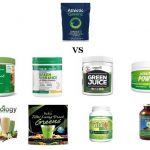
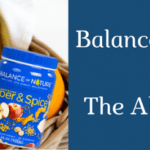
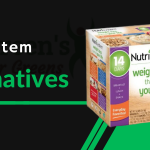
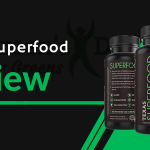

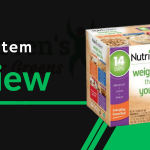
![Organifi Green Juice Reviews [USA] – Best Superfood Drink](https://mygreensdaily.com/wp-content/uploads/2020/04/organifi-new-featured-150x150.png)


